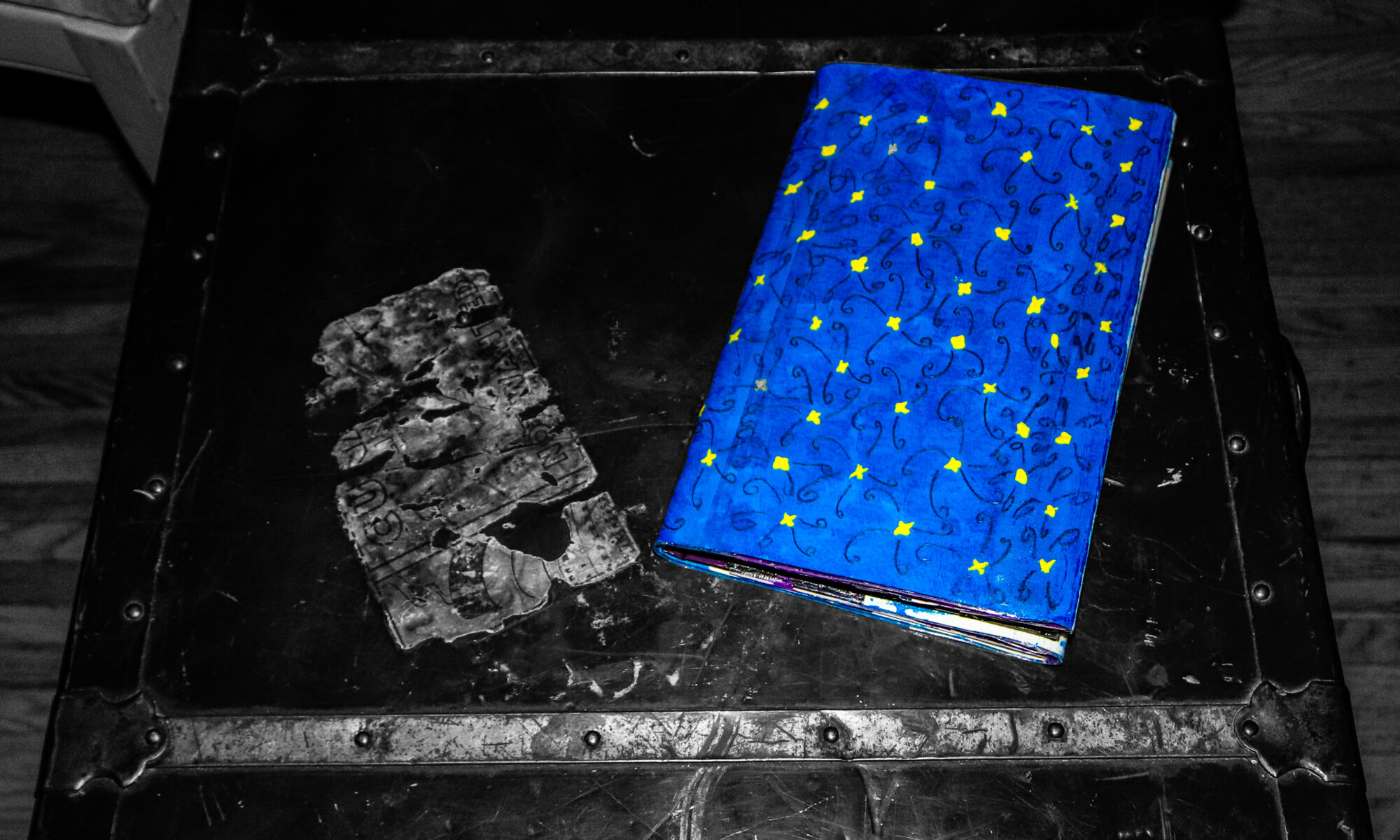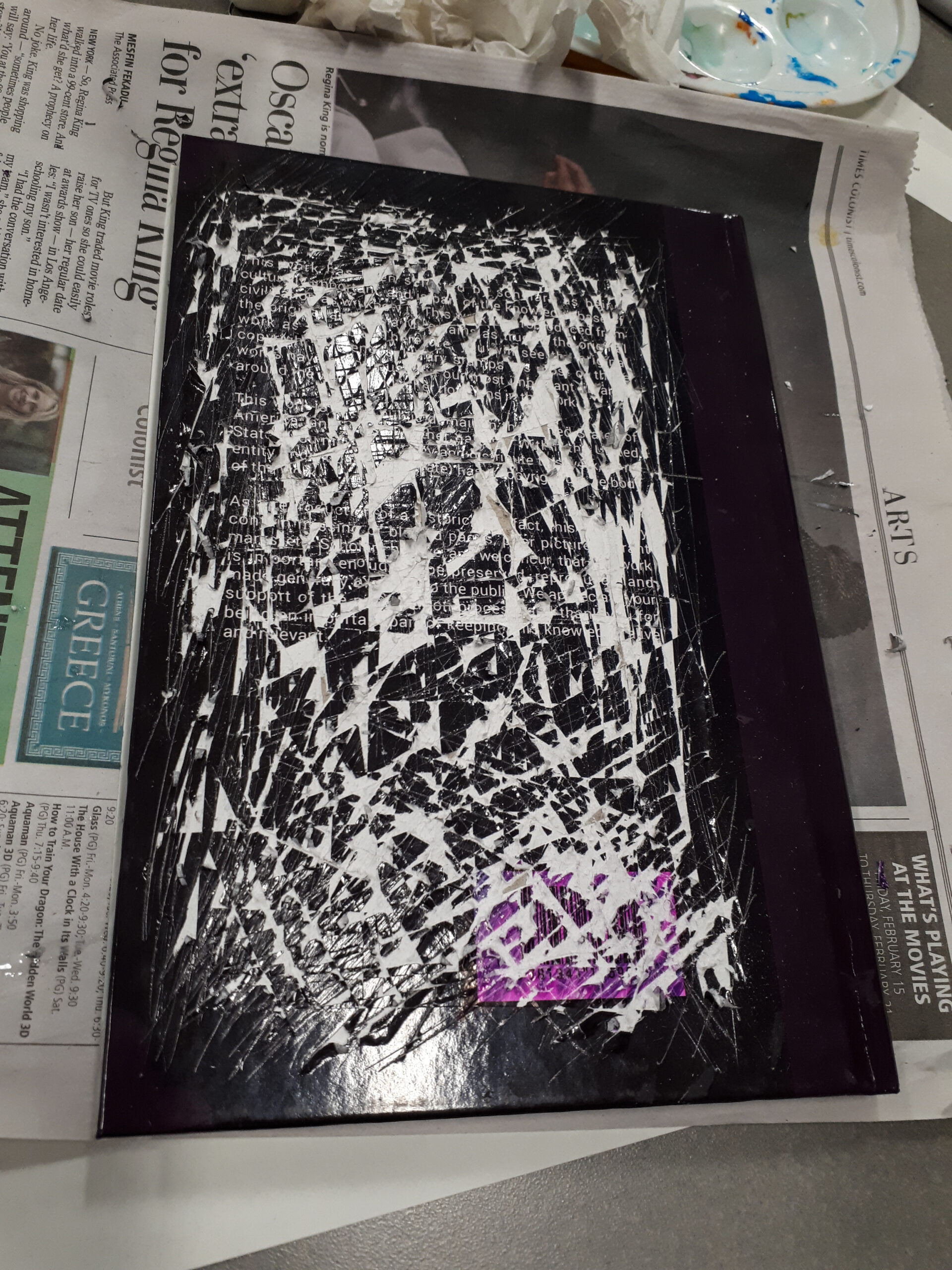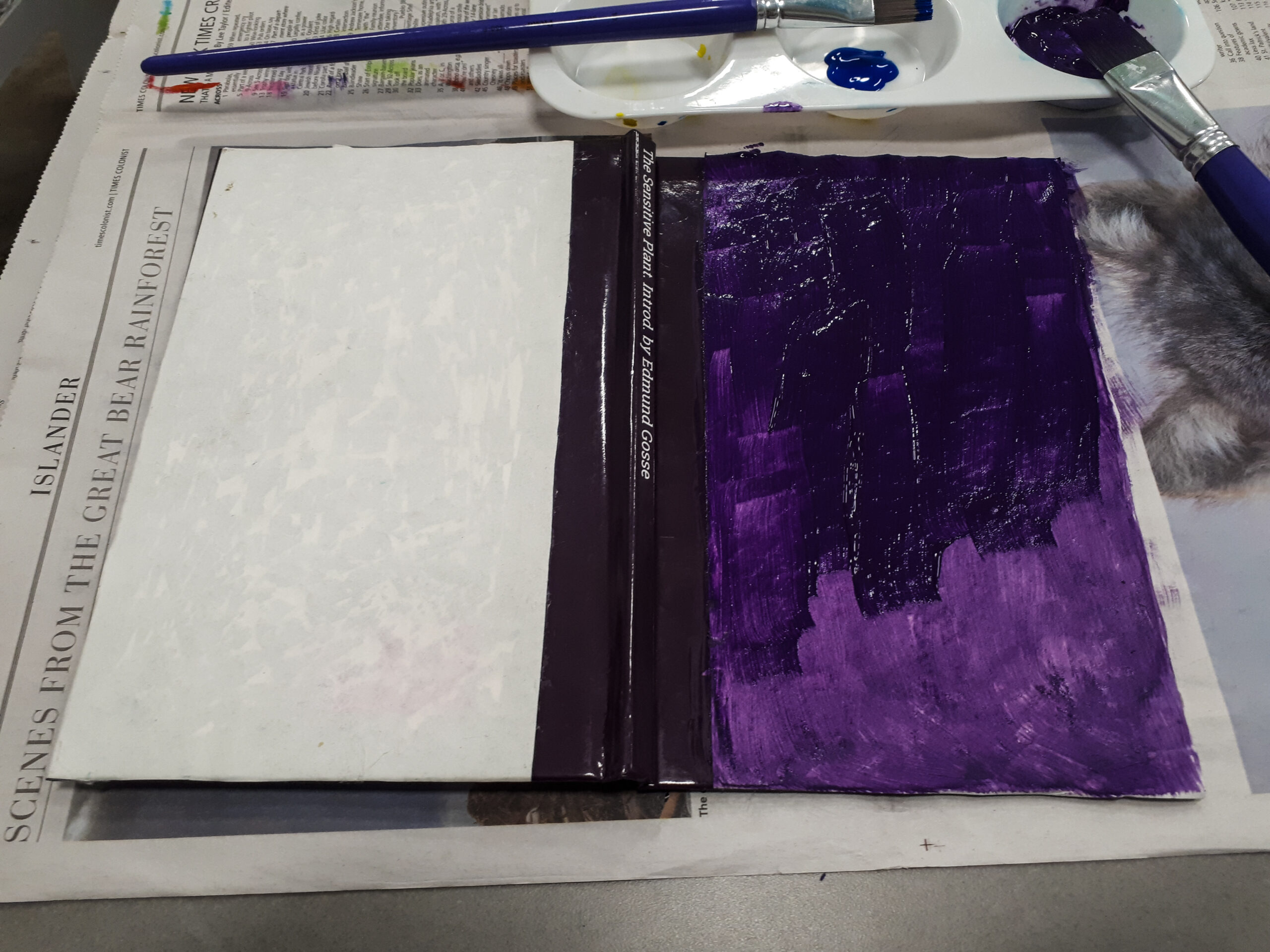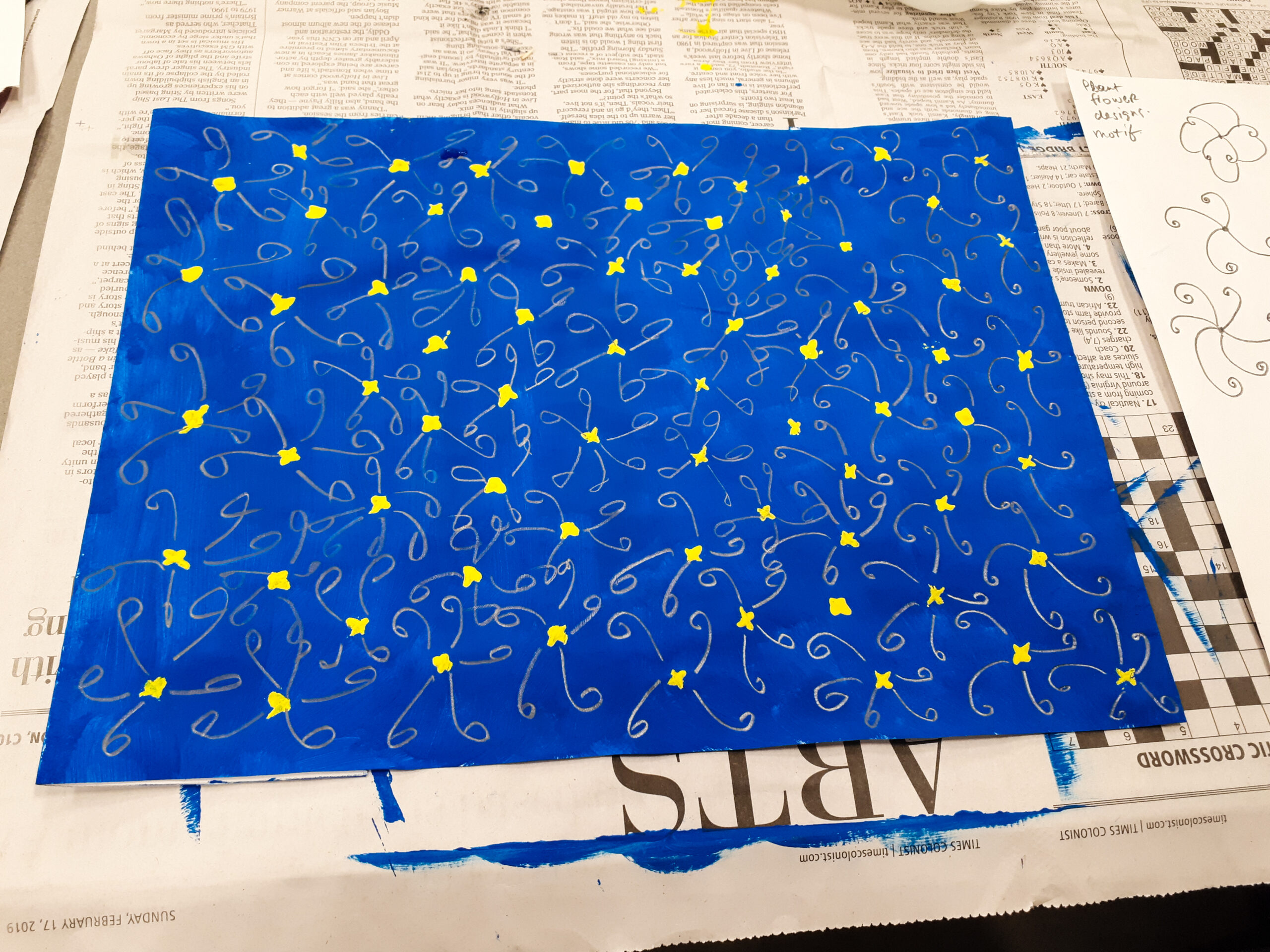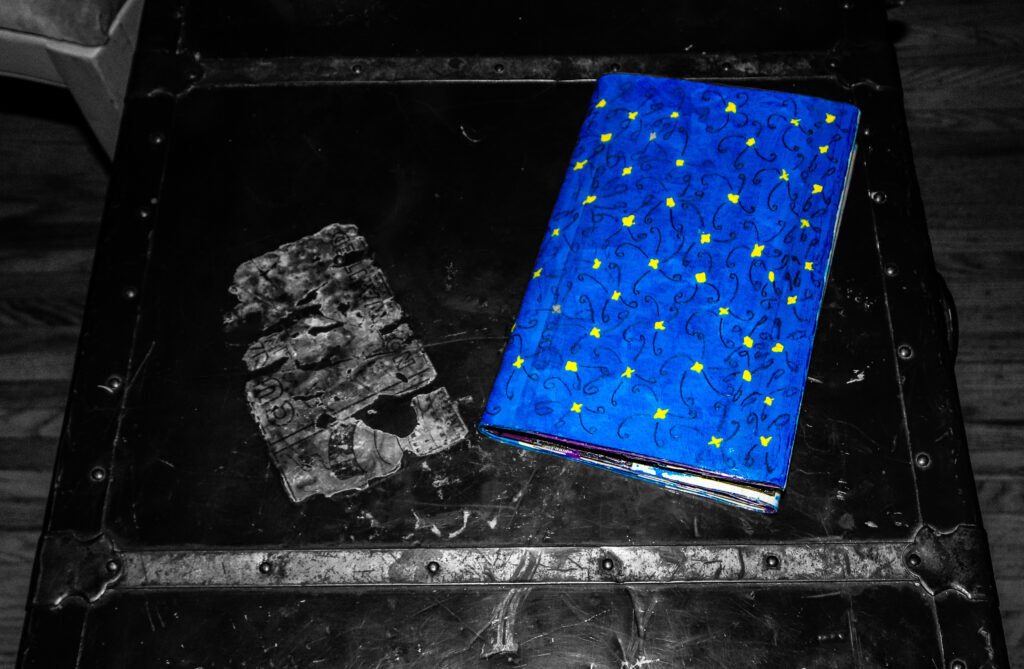Ph.D. in Anthropology: Summary of Research
This doctoral project will extensively explore the role of psychotic imagination and creativity—or the lack thereof, especially in how that capacity might create a jarring dissonance—within artistic, graphic, and poetic descriptions, to link how recovery communities might build a language to capture expressions of psychosis and aid in destigmatizing psychosis. By pushing beyond recent anthropological forays into graphic narratives with Dana Walrath’s Aliceheimer’s: Alzheimer’s Through the Looking Glass (2016), this doctoral thesis moves past simple anecdotal life histories and towards an aggregate and ethnographic experience of psychosis—to theorize its form within the collaborative site and story-worlds of the graphic novel. In effect, the fieldwork will make connections with how psychosis can be involved in the production of individual and societal subjectivities—as Byron Good (2012) argues. Another aspect of the research will be to integrate participant voices into the living framework and co-authorship of the dissertation’s graphic novel component—to have people’s experiences writ large to inspire grass-roots momentum towards mental health advocacy. This level of inclusiveness exists as a directive to assure that the heart and focusing lines of this project speak to lived psychotic experiences. I am taking a patient-centred framework towards my Ph.D. project.
The research will implement an arts-based and sensory studies approach to studying psychotic breaks. It will explore how individuals tell stories about psychosis through their involvement in communities that may enable recovery. The three main objectives are 1) to understand how people make sense of psychosis and their hallucinations, 2) to determine if individuals narrate these events in relation to possible myth forms or other conventional wisdom, and 3) to identify if recovery-focused communities use art practices to impact the sensory conception and representation of psychosis. This research project will build on multisensory (synesthetic), beyond-text representations of the phenomena of psychosis to expand the sensory vocabulary and narrative(s) used to discuss this issue. The results of my research will be applicable to institutional reform, governmental policy, and health practices. Its focus on outpatient understandings of psychotic breaks can be relevant to the treatment of psychosis, as well as supporting empathetic sharing of psychic experiences via art within mental health organizations and throughout communities locally and internationally.
Anthropologists focusing on mental illness are challenged to mediate ethical standards and protocol in collaborative and subject-affirming ways. Upon obtaining ethics certifications, I will begin a 12-month data collection period. My engagements will consist of fieldwork, volunteering, and community-based collaborations within Victoria, BC, to better survey the intimate, poetic, and inter-personal dimensions of how participants’ sensory experiences connect to their life histories. I have established long-term relationships with Foundry Victoria, the Canadian Mental Health Association (CMHA), and the Mental Health Recovery Partners (MHRP) as a volunteer and advocate. Through posters and snowball sampling, my participants will be from these local organizations and have a diagnosis of either schizophrenia or bipolar disorder as well as being stable outpatients.
12 participants will join a series of (I) arts-based workshops on storytelling, multimedia art, and lived mental health experiences. They will be invited to produce texts and media that define their internal states, key metaphors, sensory worlds, and stories. To better understand participants’ experiences, I will conduct a series of (II) semi-structured interviews with 12 interlocutors, centring on their sensory experiences, stories of psychosis, healing, and transformation. These two datasets will also be combined with my own (III) participant-observation notetaking throughout fieldwork and workshops. Analysis of data will articulate whether, and in what ways, psychosis can be considered a transformative process and tool. We will (IV) translate the research findings into a multisensory graphic narrative by placing participant experiences of psychosis within an immersive and aggregate storyline—wherein my key interlocutors will themselves be invited to further assist in co-authoring a 30-page multimedia volume of graphics and poetry to affirm my ethnographic Ph.D. dissertation. Such an undertaking will be pivotal for nuanced and novel understandings of madness.

